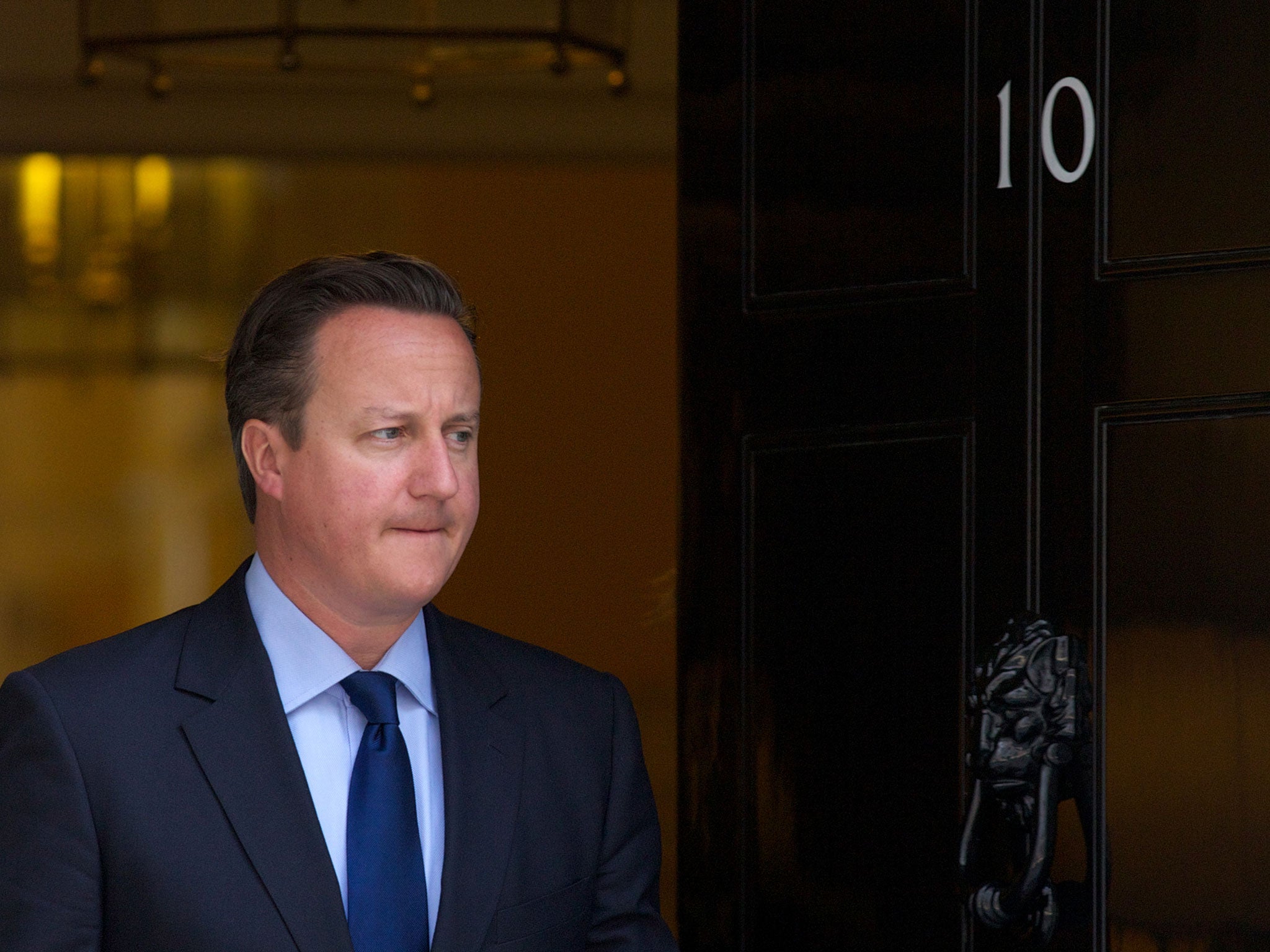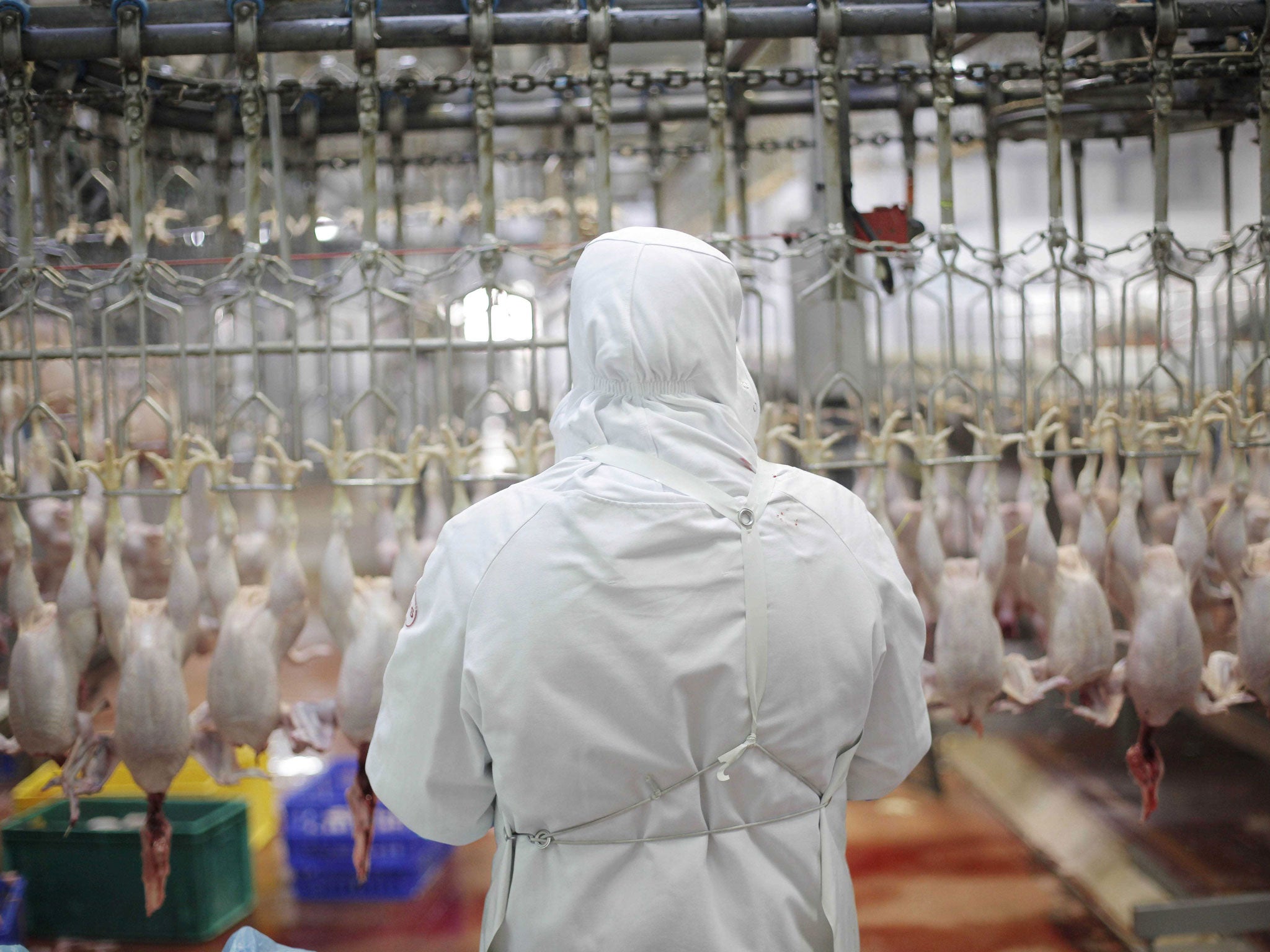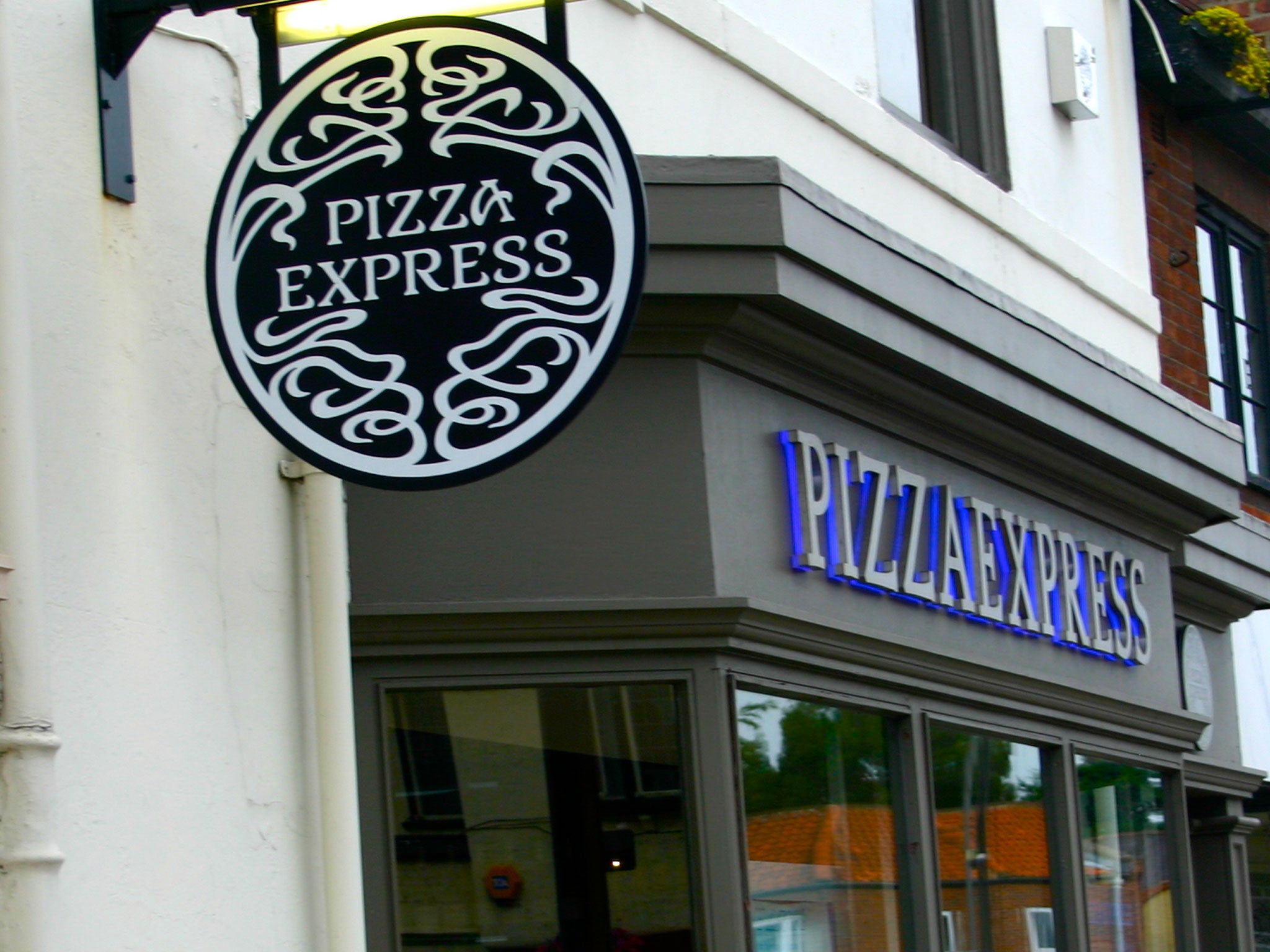Halal meat: David Cameron refuses to back meat labelling just a month after promising halal is 'safe in Britain'
The Prime Minister has avoided joining the heated row over halal and kosher slaughter and the labelling of meat

Your support helps us to tell the story
From reproductive rights to climate change to Big Tech, The Independent is on the ground when the story is developing. Whether it's investigating the financials of Elon Musk's pro-Trump PAC or producing our latest documentary, 'The A Word', which shines a light on the American women fighting for reproductive rights, we know how important it is to parse out the facts from the messaging.
At such a critical moment in US history, we need reporters on the ground. Your donation allows us to keep sending journalists to speak to both sides of the story.
The Independent is trusted by Americans across the entire political spectrum. And unlike many other quality news outlets, we choose not to lock Americans out of our reporting and analysis with paywalls. We believe quality journalism should be available to everyone, paid for by those who can afford it.
Your support makes all the difference.Just a month after promising the UK halal slaughter will be “safe in Britain” for as long as he is in power, David Cameron appears to have sidestepped the issue by refusing to intervene in the heated debate on the labelling of meat.
The Prime Minister avoided joining the row over halal and kosher slaughter and the labelling of meat that has continued to gather momentum throughout this week.
Yet a month ago, speaking at the Muslim News Awards for Excellence in London on 1 April, Mr Cameron declared he would never place restrictions on religious slaughter during his time in office.
“Let me make it absolutely clear, that while I am prime minister of this country, halal is safe in Britain," he asserted, before promising the government would "keep on challenging the intolerant view of Muslims that exists in some part of our country".
On Thursday, Mr Cameron appeared to sidestep the request to back calls for labelling and indicated the Government would not intervene in the debate, with his spokesman explaining “the Prime Minister's view is that the approach we currently have is absolutely the right one.”
That evening, Mr Cameron was spotted very publicly enjoying a meal at popular chicken-house Nando's.
READ MORE: WHAT IS HALAL MEAT AND WHY IS IT CONTROVERSIAL?
When asked if Mr Cameron was particularly bothered about how his meat is slaughtered, his spokesman answered: “I don’t believe the Prime Minister has concerns about the meat that he buys.”
Instead, Mr Cameron believes meat labelling "an issue of consumer choice and consumer information" – and thus not one for the PM to tackle directly.

“It is a matter for retailers and restaurants to work with customers and consumer groups and representatives of faith organisations,” his spokesman continued. “Many consumers will rightly be very demanding of their retailers, the places they shop and the places they go out to eat.”
The most recent debate over meat produced by religious slaughter has been sparked by the restaurant chain Pizza Express’ admission that it exclusively uses halal chicken on all of its pizzas without clearly specifying this on its in-store menus.

Religious groups have now joined animal welfare activists in calling for clearer labelling on products that contain halal meat, and Pizza Express has said it will review whether it includes the information on its menus.
The debate has become more politicised after the RSPCA's campaign called for “stunned or not stunned”, meat produced from animals should be “clearly labelled to allow consumer choice”, and they have been joined in that demand by representatives of both Jewish and Muslim groups.
Around 15 per cent of all halal slaughter in the UK is still done via the traditional method of slitting the animal’s throat while it remains conscious, making it hard to guarantee when eating halal meat that the animal was stunned beforehand.
Andrew Opie, director of food and sustainability for the British Retail Consortium said it did not see the need to separately label meat based on slaughter method, because "the overwhelming majority of meat sold in UK supermarkets is own-brand and from animals that have been stunned prior to slaughter."
Join our commenting forum
Join thought-provoking conversations, follow other Independent readers and see their replies
Comments